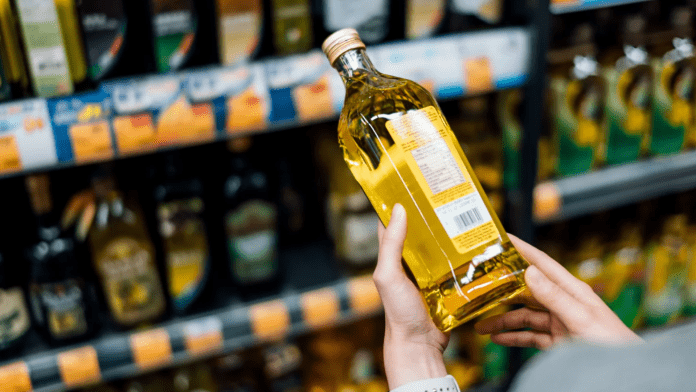According to a trade body’s statement on Friday, India saw a 26% decline in palm oil imports in September compared to the previous month, totaling 834,797 metric tons—the lowest in three months. This drop was attributed to increased inventories, leading refiners to reduce their purchases.
Reduced buying activity by the world’s largest vegetable oil importer may result in elevated palm oil inventories in major producer countries such as Indonesia and Malaysia, exerting downward pressure on benchmark futures prices.
According to a statement from the Mumbai-based Solvent Extractors’ Association of India (SEA), soyoil imports inched up by 0.1% to 358,557 tons, while imports of sunflower oil declined by approximately 17.8% to 300,732 tons.
Vegetable oil imports dropped by approximately 17%, declining to 1.55 million tons from the previous month’s high of 1.87 million tons, according to the report.
“India imported more than necessary during July and August, but retail demand in the country is weak. Refiners are now struggling to sell imported oil,” said a Mumbai-based edible oil trader.
India has become a leading choice for surplus oil supplies in recent months, largely because of its favorable 5.5% import duty on crude palm oil, crude soybean oil, and crude sunflower oil, as noted by B.V. Mehta, the executive director of the SEA.
The SEA reported that the domestic vegetable oil stocks increased to 3.7 million tons as of September 1, up from 2.4 million tons a year earlier.
According to a trader based in New Delhi, representing a global trade house, India’s vegetable oil imports for October may experience a further decline. This is attributed to subdued retail demand and the onset of soybean crop crushing for the new season.
India primarily sources palm oil from Indonesia, Malaysia, and Thailand, while it acquires soyoil and sunflower oil from Argentina, Brazil, Russia, and Ukraine.



